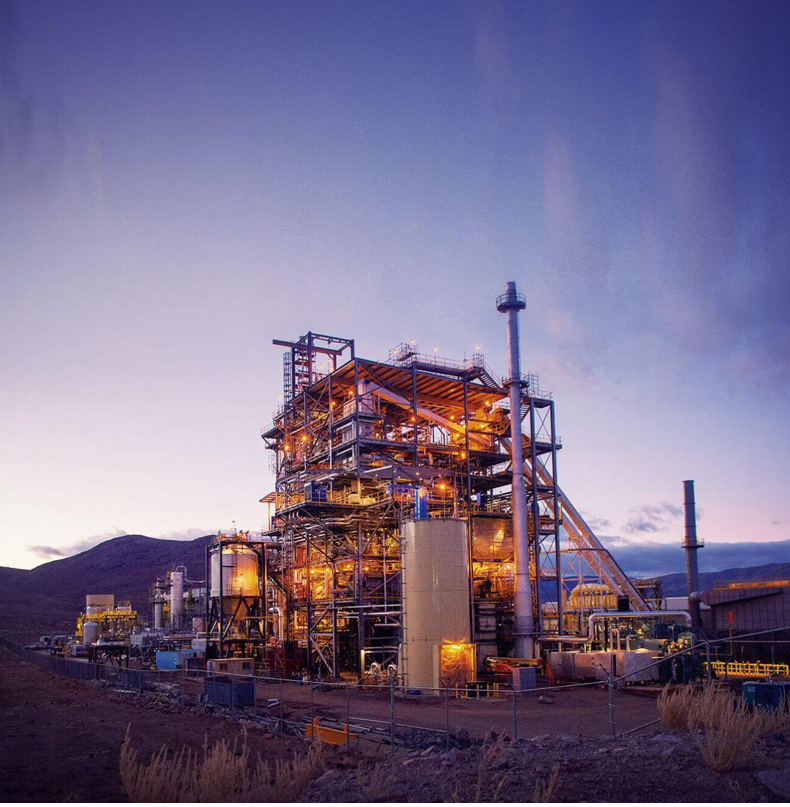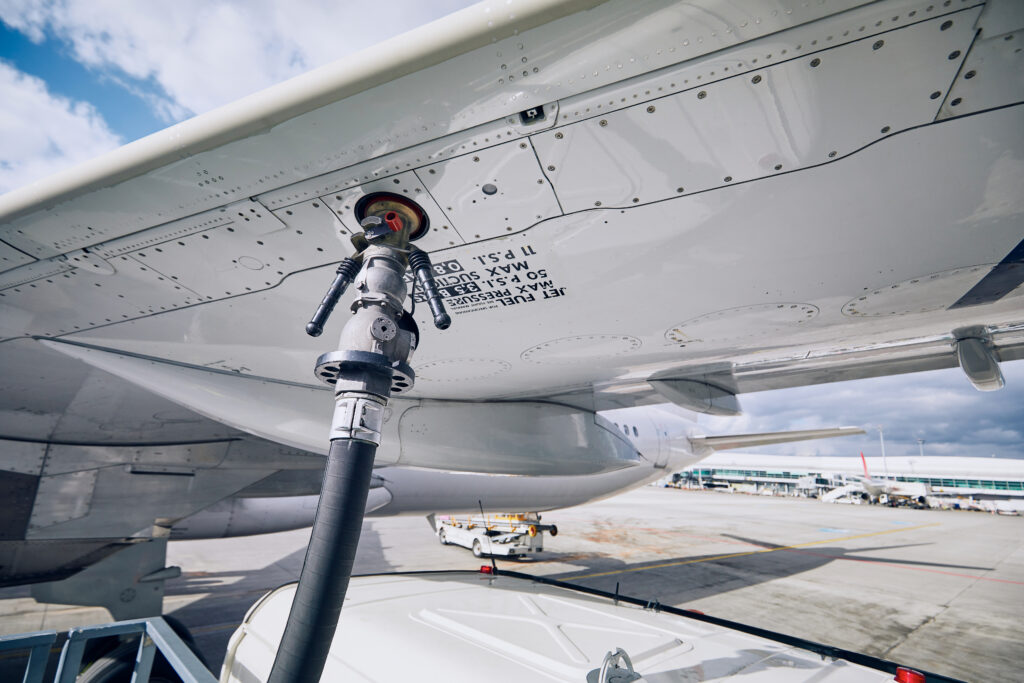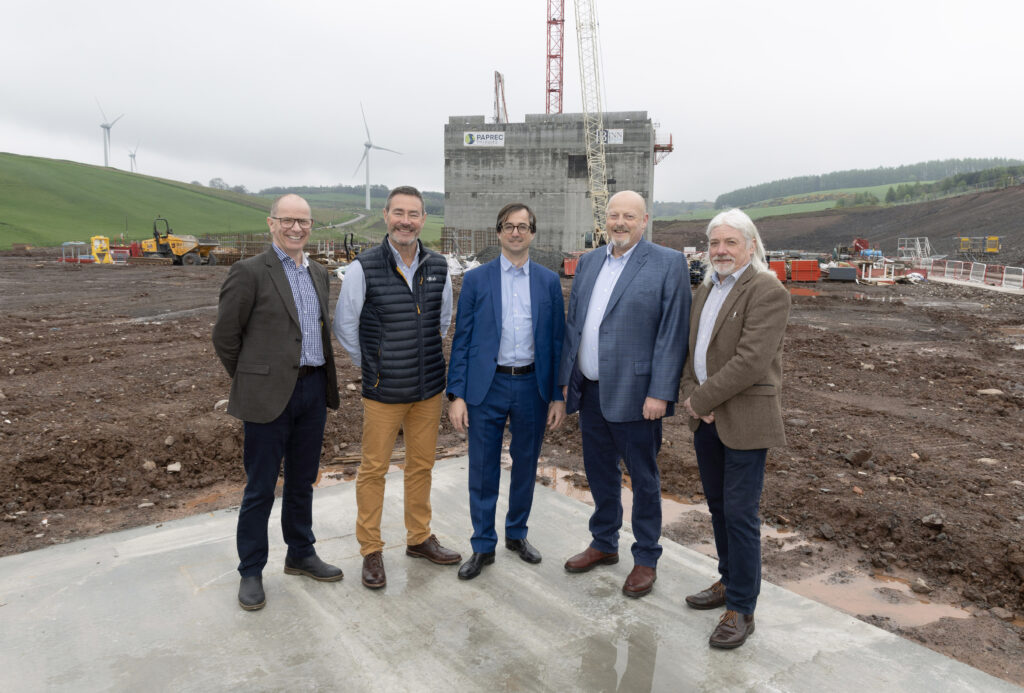The European Parliament and council agreed the proposal yesterday (25 April), which still needs to be ratified by the Commission. The target will gradually rise to 5% by 2030 up to 70% by 2050. Airports will also be mandated to ensure fuelling infrastructure is available and fit for SAF refuelling.
Aircraft operators departing from EU airports will also only be allowed to refuel with the fuel necessary for the flight to avoid ‘tankering’ practices where aircrafts deliberately carry excess fuel to avoid refuelling with SAF.
In a statement yesterday, the European Commission said it welcomes the agreement on a ‘blending’ mandate with SAF and traditional fuels. The Commission predicts the proposals will reduce emissions from aircrafts by two thirds by 2050, in comparison to doing nothing.
SAF
The legislation agreed by the parliament and council states that while several sustainable aviation fuels pathways are certified to be used in aviation, “their use is currently negligible, for lack of production at affordable cost”.

It set out that a blending mandate specifically targeting the aviation sector is necessary, “in order to spur the market uptake of the most innovative and sustainable fuel technologies”.
The blending mandate covers biofuels , recycled carbon fuels and synthetic aviation fuels (e-fuels). Biofuels are significant for the waste and recycling sector as this includes the conversion of waste into a form of gas with pyrolysis. It can also include waste wood pellets.
Recycled carbon fuels are produced from fossil wastes that cannot be avoided, reused, or recycled. Synthetic aviation fuels involves blending traditional kerosene jet fuel with a blend of carbon dioxide and hydrogen, which reduces emissions.
UK
While the legislation will not directly impact the UK, Westminster has noted the “race” to meet ‘Jet Zero’ by 2050.
The Jet Zero Council – made up of industry, academic and government leaders – met last week (17 April) at Farnborough Airport. The group has a two-year plan, where it has committed to continue working to speed up the design, manufacture, and rollout of zero emission aircraft and vital infrastructure at UK airports (see letsrecycle.com story).
Now among actions for the UK will be an assessment of what needs to be done to secure feedstocks for SAF and this work will be completed by September 2024. It will look with great interest at the proposed mandatory targets in the EU, as it could include flights leaving EU airports for the UK.











Subscribe for free